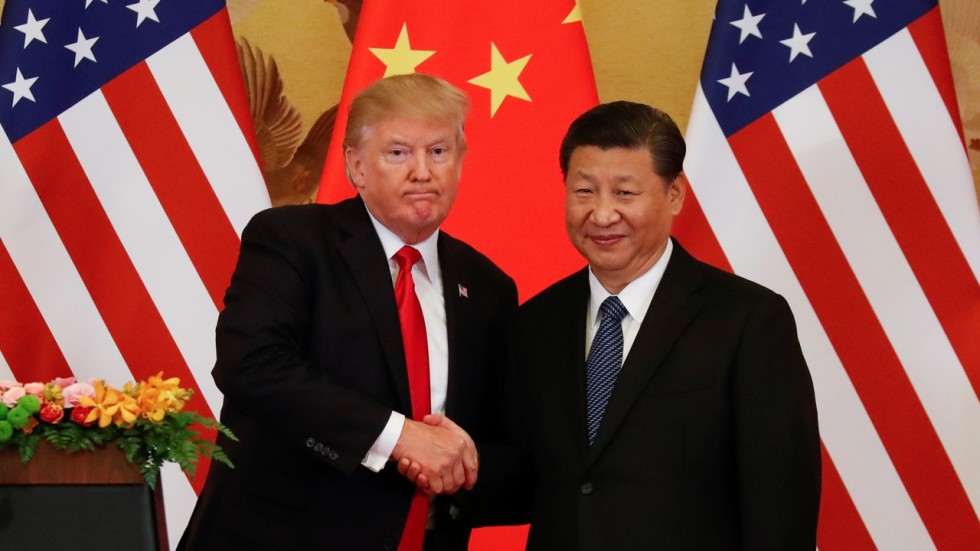
Donald’s Travails in the Indo-Pacific
Aside from the American president’s very personality, his main handicap in East Asia lies in the fact that it doesn’t occur to him how closely intertwined trade and security are in this hotbed of globalization, which hovers between the U.S. and China. East Asia lives off globalization more than other regions. The burning question of our day is simply whether it will be the present model of globalization, driven by the laws of the market, or the Chinese model of cooperation, directed by the state at the ministerial level, per Beijing’s policy priorities – so-called Globalization 2.0, whose concrete expression is the “One Belt One Road” project.
In reaction to China’s growing thrust into the region, Trump calls for collective security in Asia, but when it comes to mutual trade he pushes bilateral agreements. The pronouncement of collective security (against Chinese expansionism, foremost in the South China Sea) is thus far a somewhat vague concept of a “free Indo-Pacific,” which expands the traditional American concept of “Asia-Pacific” to include the Indian Ocean. The concrete content is an attempt to renew the so-called Quad (the U.S., Japan, Australia and India) as an alliance of democratic powers.
Trump’s push for bilateral trade agreements contrasts with collective security. The former is unacceptable to the majority of states in the region for the same reason that a bilateral relationship with China is disadvantageous: in direct relations with China or the U.S., each country is automatically the weaker partner. That’s why China shrewdly masks de facto bilateral relations with broader initiatives like “One Belt One Road” (or 16 + 1 in Eastern Europe).** In contrast, Trump clamors full-blast for a proposition that is plainly disadvantageous. No wonder no one is rushing to enter into such agreements.
Collective security in the Indo-Pacific (and elsewhere) cannot be separated from collective trade agreements in a globalized world. By withdrawing from such a collective agreement in Asia (the Trans-Pacific Partnership) on his first day in office, Trump sawed off the limb he was sitting on. The remaining states in the accord, the TPP 11, have, in the meantime, concluded a new agreement atop its ruins without the U.S., the Comprehensive and Progressive Agreement for Trans-Pacific Partnership. Without the United States, it has only a limited chance of success against Chinese “Globalization 2.0.”
*Translator’s note: Karlstein is a medieval castle near Prague.
**Editor’s note: “16+1” refers to an initiative by the People’s Republic of China aimed at intensifying and expanding cooperation with 11 European Union member states and five Balkan countries (Albania, Bosnia and Herzegovina, Bulgaria, Croatia, the Czech Republic, Estonia, Hungary, Latvia, Lithuania, Macedonia, Montenegro, Poland, Romania, Serbia, Slovakia and Slovenia) in the fields of investment, transport, finance, science, education and culture.

